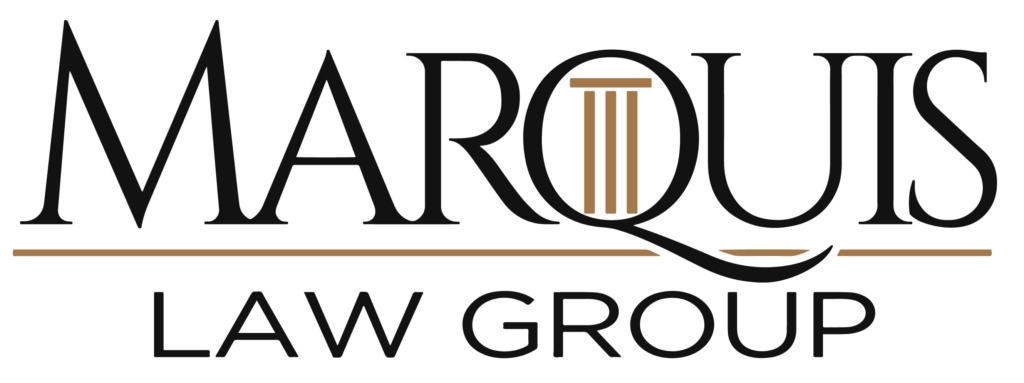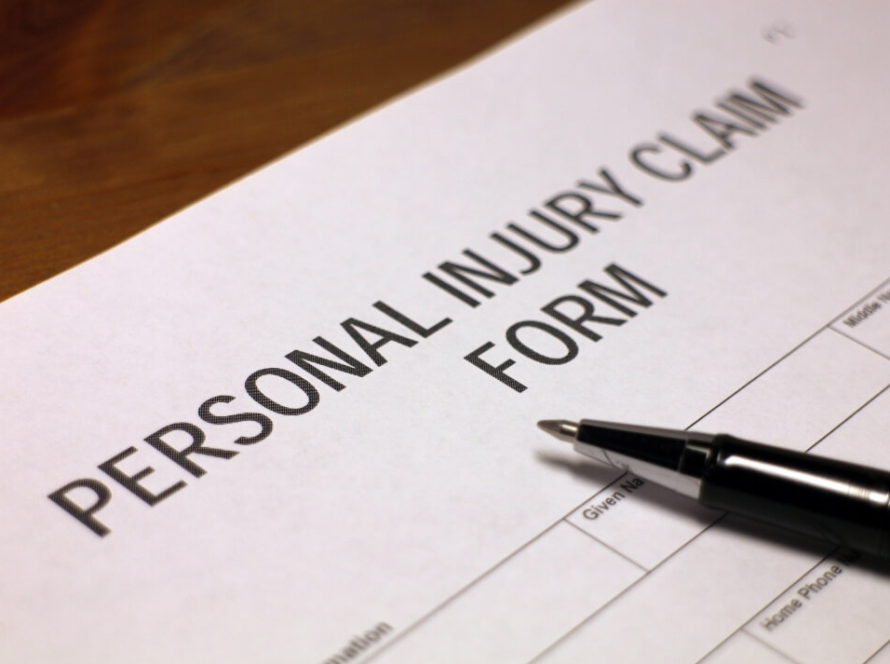 Thanks to a 1967 Supreme Court ruling, youth and children have the right to an attorney in juvenile court. However, children and families don’t always understand the process or the need for legal representation. The days when authorities let kids accused of minor offenses go with a slap on the wrist are long gone. Juvenile convictions can have serious consequences. Families need a legal team that understands the system and can help young people avoid carrying the weight of a teenage mistake for life. Hire an attorney the day your child is arrested and rely on their expertise throughout the process.
Thanks to a 1967 Supreme Court ruling, youth and children have the right to an attorney in juvenile court. However, children and families don’t always understand the process or the need for legal representation. The days when authorities let kids accused of minor offenses go with a slap on the wrist are long gone. Juvenile convictions can have serious consequences. Families need a legal team that understands the system and can help young people avoid carrying the weight of a teenage mistake for life. Hire an attorney the day your child is arrested and rely on their expertise throughout the process.
How Does The Juvenile Justice System Work In Virginia?
In Virginia, most young people under 18 go through the Juvenile and Domestic Relations Court. Overall, there’s a much greater emphasis on rehabilitation rather than punishment in the juvenile system. However, courts still look to hold young offenders accountable. This may mean probation, counseling or educational programs instead of detention, especially for first-time offenders. The juvenile justice system even uses a different vocabulary from the adult system to underscore the distinctions and emphasize rehabilitation. For example, the commonwealth charges juveniles with offenses rather than crimes. Youths go through an adjudicatory hearing instead of a trial. If found guilty, a young person moves on to a dispositional hearing rather than a sentencing. The judge may order educational programming, fines, probation or detention in a juvenile facility depending on the seriousness of the offense.
However, not every juvenile case goes through the court system. Unlike the adult system, juvenile cases first go through an intake officer who can “divert” the case from the court system. The officer may refer the child to counseling or educational programming, keeping their court record clean.
While the juvenile system often takes a kinder and gentler approach, some juvenile offenses can have consequences that follow a child into adulthood. These can include loss of firearms rights and placement in the sex offender registry. Virginia law also allows for some juveniles 14 and over to be charged as adults for certain felonies. A skilled juvenile defense attorney helps families navigate the process and ensure the most favorable outcome.
What Are The Most Common Charges For Juvenile Offenders?
In Northern Virginia, the most common charges against juveniles include:
- Shoplifting and petit larceny
- Underage possession of alcohol
- Gang activities
- Assault and battery
- Sex offenses
- Underage DUI (alcohol or drugs)
- Reckless driving
- Drug possession (marijuana and others)
- Vandalism, graffiti and destruction of property
- Trespassing
- Joyriding and racing
- Truancy
- Violation of curfew
 What Should I Do If My Child Gets Arrested?
What Should I Do If My Child Gets Arrested?
Good kids make mistakes. This has always been the case, but in the 21st Century, the consequences can be more severe. Of course, it’s scary and stressful if your child is arrested. Every parent wants accountability, but the goal is to achieve reasonable consequences without ruining a young person’s future.
The most important thing is to call an experienced juvenile defense lawyer right away. Your child should have an attorney present during questioning by police and throughout the process, including both adjudicatory and dispositional hearings. Post-disposition follow-up is also essential to ensure your child’s record is sealed or expunged after they become an adult. Remember, a lawyer who doesn’t have experience with local JDR courts may not know the procedures or juvenile-specific terms. It’s critical to have a lawyer who knows the system working to protect your child’s future.
Will My Child’s Charges Be Dropped?
Authorities often move cases out of the courts for first offenses. However, families need legal support as they navigate the system. An experienced attorney can help ensure that charges are dismissed or dropped to a misdemeanor, which means a better chance of getting their record expunged down the road. Juvenile court judges can also defer disposition for a certain period and later dismiss the case if the young person doesn’t commit further crimes. This option allows for second chances while preserving accountability.
Will My Child’s Juvenile Conviction Follow Them For Life?
According to the Virginia Attorney General’s Office, in most cases, juvenile records are automatically destroyed once the young person has turned 19 and five years have passed since the last hearing in their case. However, records remain public for crimes that would be felonies if committed by an adult. Working with a lawyer can help you ensure juvenile records are expunged or sealed so they don’t follow your child into adulthood. This allows young people to move into college and the working world with a clean slate.
Virginia’s juvenile justice system is complex. Navigating the process requires specialized knowledge and experience. The Laurel Brigade Law Group is an established juvenile defense firm that has successfully defended young people from a wide range of charges. Contact our office the day your son or daughter is ticketed or arrested. Immediate action can dramatically affect the case’s outcome and protect your child’s future.


